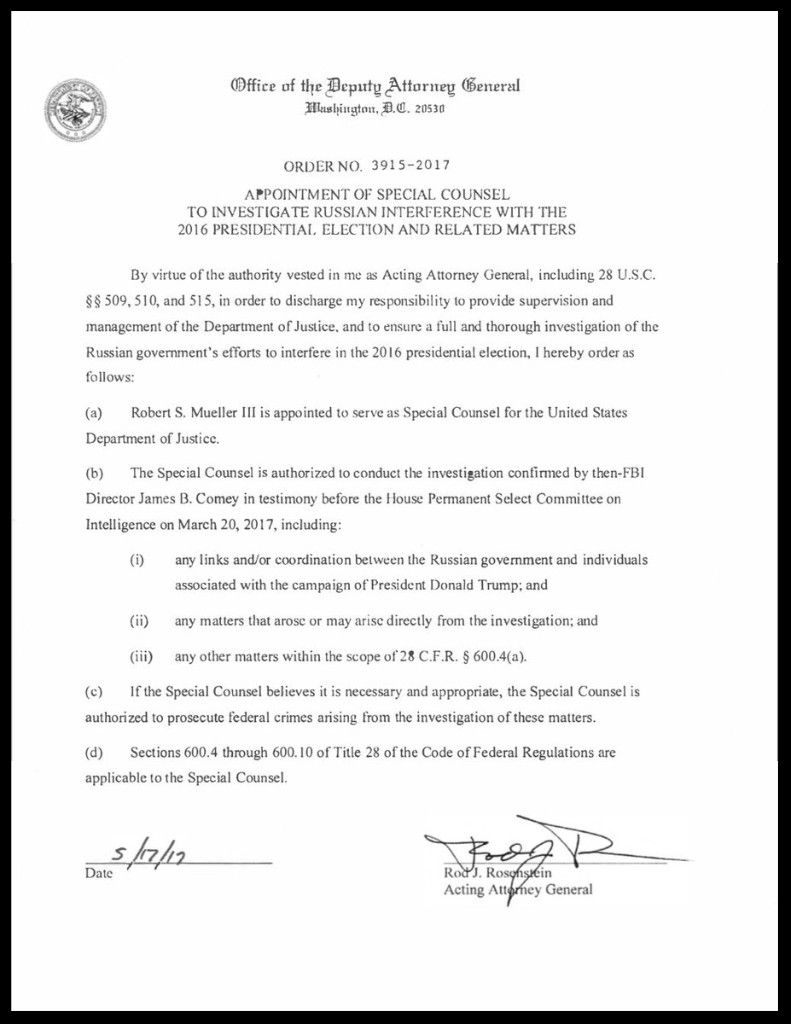Understanding the different roads to Trump take-down: Standing Committee, Bi-Partisan Select Committ
- delphiablize
- Mar 22, 2017
- 4 min read
Official investigations into Trump/Russia can happen a number of ways. First, there's Standing Committee investigations, which you see in play now with the Intelligence Committee's investigation. The GOP controls this committee, but there are Dem members, most notably Adam Schiff who delivered preliminary findings Monday. Dems are pushing for a Bi-partisan Select Committee, which would be evenly staffed by GOP and DFL. There are also calls for an Independent Commission, however this commission would also be responsible for coming up with a way to prevent future collusion, if collusion is found, so their work would take longer than the select committee. The last investigation route is through a Special Prosecutor. Thanks Vox for this neat summary.
Here's how a Special Prosecutor (also called Special Counsel) gets put into play: He or she can either be assigned by Congress (and with an over-ride of an inevitable Trump veto with a 2/3 majority), or be assigned by the Attorney General.
Significantly, on March 2d, by some miracle or intense pressure, Jeff Sessions recused himself from any investigations regarding Trump's campaign and Russia, stating "I should not be involved in investigating a campaign I had a role in." This apparent decency and common sense was like the glimpse of a unicorn rustling in a gold-dappled forest. I had to read it several times to be sure. But there it was:
"I have now decided to recuse myself from any existing or future investigations of any matter relating in any way to the campaigns for president of the United States."- Jeff Sessions, official press release, March 2, 2017
This is huge. Anyone who has felt like there is no hope should stare at this for a long, long, long time. It is the bright, burning glow of an ember called justice.
And it has huge, domino-effect implications. Most significantly, when the AG recuses himself, the Deputy Attorney General (DAG) can step in AND......you guessed it.....appoint a special prosecutor.
So, who is the current DAG with this new, recusal-fueled power?
A Barack Obama appointee named Dana Boente. You read that right. An Obama appointee currently holds they key to whether an SP is assigned. If you're wondering what the hold up is, so was I. So I looked into Mr. Boente. Apparently, Obama did appoint him, but here's where the mystery starts: Per this story, seven days before he left office Obama signed an Executive Order changing the order of succession and taking Mr. Boente out of the lineup. This is extremely unusual, and belies a serious lack of trust. Odder still, Mr. Boente was brought in specifically by Trump after Trump fired Sally Yates – to fill in as acting Attorney General. Then when Sessions was confirmed (2/9/17) to the AG gig, Trump shuffled Boente over to Deputy Attorney General. Stranger still, in his very first private signing (you know something's up if he turned down a photo opp), Trump ordered the reversal of Obama's succession change. This put Boente back as second in the chain of command after Sessions, a move which appears to have played out well for Trump given the fact that Dana has not moved a muscle toward assigning a prosecutor. Long story short, Boente is not an Obama guy even though Obama gave him his first appointment, and signs point in neon to him being in 45's camp.
The "acting DAG" gig has to be replaced by a permanent DAG, and hearings were already underway for that post when the Russia stuff really began to hit the larger fans. The guy at bat? Rod Rosenstein. The confirmation hearings for Mr. Rosenstein started on March 7, and they have taken on an extra contentious tone because of those new DAG super-powers around special prosecution. Lindsey Graham used the hearings (apparently effectively) as leverage to force the FBI's hand and get official clarity as to whether or not Trump was wire tapped (which finally gave us Comey's big decisive 'nope'). Now some dems are saying they will not confirm Rosenstein unless he promises the special prosecutor, which Rosenstein refuses to do. However, in this article, I have respect for his reasons for declining to make that promise. In fact, it seems to me it would be unethical to make a promise to pursue a certain course of action while being considered. His statement re. promises about a SP reassures me about his ethics. But that's just me.
Should the dems be holding up Rosenstein's confirmation? Should they be trying to get a guarantee of a special prosecutor or is that poor form? Will one of the other types of investigations win out? Will this guy end up being an American hero? Whatever the opinions flying around, it seems unanimous that the Rod Rosenstein confirmation now matters a LOT, as this Slate article lays out.
In fact, our democracy's response to its first encounter with this level of treason may depend on it.
UPDATE 4/26/17: Rod Rosenstein was confirmed as Deputy Attorney General in the Department of Justice.
UPDATE 5/9/17: Rosenstein recommended FBI Director James Comey's termination. Was this timing the work of a new appointee, digging into his first few weeks of work with an intention to set things right? Or was it an attempt to obstruct someone getting too close for comfort to the truth. Time, and Rod's next steps will tell. One thing remains: The power to appoint a Special Prosecutor remains in his hands, and the heat just got turned up to HIGH. Text of letter below.
UPDATE 5/17/18: Rosenstein appointed a Special Counsel (aka Special Prosecutor). Text of his order below.

Rod Rosenstein, in the hot seat.




































Comments